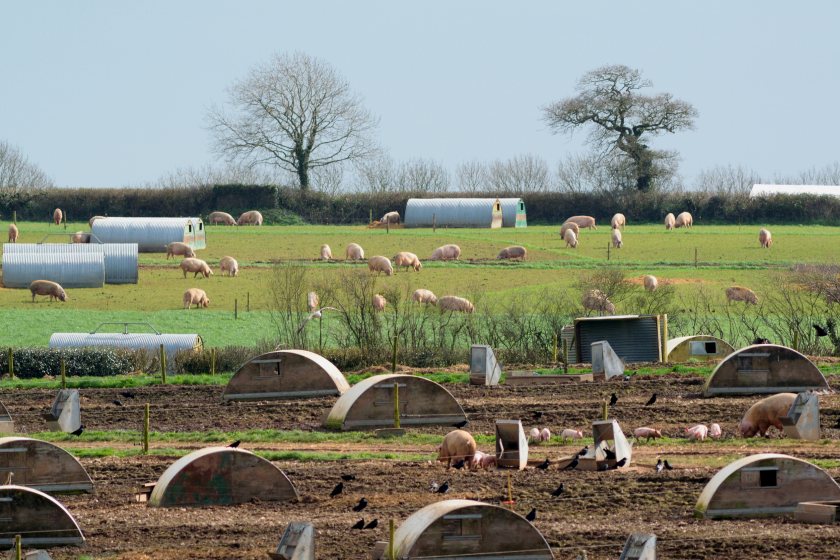Pig sector unites to keep African swine fever out of Britain

British pig producers are on red alert as a new cross-sector campaign has launched to keep the devastating African swine fever (ASF) out of the country.
The National Pig Association (NPA) has partnered with AHDB and Pig World to highlight the most serious threat facing the sector and to encourage coordinated action to keep it out of the UK.
ASF continues to circulate across three continents, including Europe, where the virus has made troubling and unexpected leaps in recent years.
Countries affected now include Belgium, Germany, northern Italy and, most recently, Sweden. In just the past few weeks, ASF has been confirmed on a farm housing 28,500 pigs in Estonia and on another unit in Latvia with 20,000 pigs.
The consequences of an outbreak in Britain would be devastating, the sector warns, with the potential for local or national movement restrictions, mass culling, severe trade bans and crippling costs for both industry and government.
Defra estimates the direct cost of an outbreak at between £10m and £100m, but the figure could rise much higher if a lengthy export ban were enforced. In 2024, UK pork exports were worth £600m.
There is growing concern that the UK’s border controls are wholly inadequate in the face of organised illegal meat imports, as significant volumes are arriving from ASF-infected regions in Europe, Asia and Africa, despite restrictions.
The Animal and Plant Health Agency’s most recent ASF risk assessment confirmed that the likelihood of the virus entering Britain via human-mediated routes remains “high”.
To address these concerns, the NPA and AHDB, with support from Pig World, have launched the ‘ASF in Focus’ campaign.
NPA chief policy adviser Katie Jarvis explained that concerns first emerged in early 2024, when it became clear that “neither industry nor government were fully aware of the impact that ASF would have in the UK”.
“Most people in the pig sector and in Defra have never dealt directly with an outbreak of notifiable disease in pigs, so it is essential that we educate as many people as possible about the consequences if we had an outbreak today.
“It is not just producers and those who work on farms day to day who have responsibility for this, but also the wider allied industry.
“Most importantly, we want everyone to be aware that ASF can be prevented – it is not inevitable that we will have an outbreak on a farm. Everyone has a part to play in ensuring biosecurity and preparedness.”
Mandy Nevel, AHDB’s head of animal health and welfare, stressed that ASF continues to cause devastation across Europe and beyond. “Keeping it out of the country and out of our pigs is our aim, and everyone can play a role,” she said.
She emphasised that tackling the threat requires a collective approach: “Working together and all playing our part is vital – it is no single person’s or single organisation’s role to tackle this. True partnership is the only way we can reduce the risk and mitigate any impact, should an incursion occur.”
Ms Nevel also called on the entire supply chain to recognise their responsibility: “I urge everyone, no matter how big or small their contribution, to work together to do what they can in their own situation and for the sake of the industry.”
She added that while ASF is the immediate focus, the benefits of stronger biosecurity and collaboration extend far wider.
“This work will pay dividends for many other diseases and situations, from swine dysentery and porcine reproductive and respiratory syndrome to trade and processing disruptions.”








